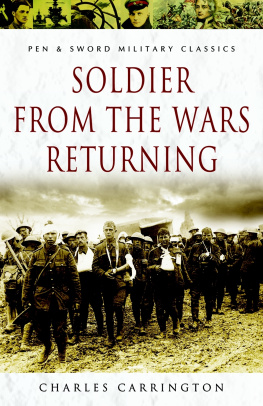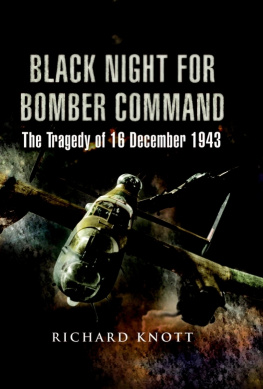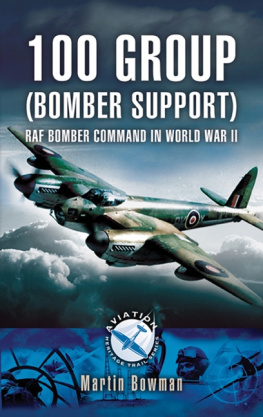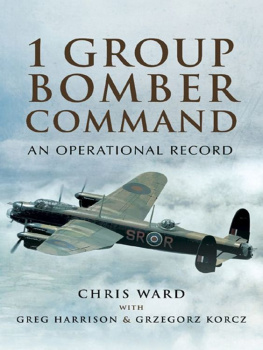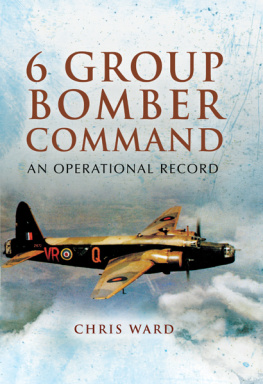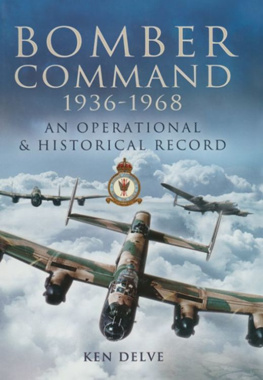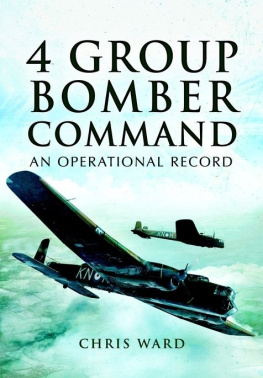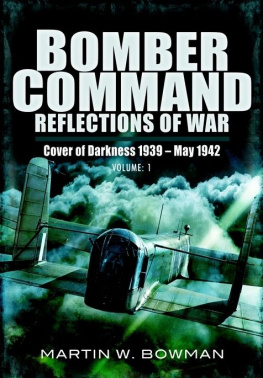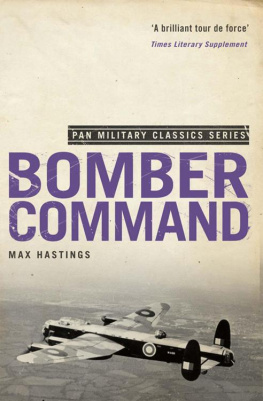Acknowledgments
My thanks are due chiefly to my senior and junior colleagues, many of them now dead, whose names appear in this book, and who supplied so much of the information it contains. I now record my particular debt to those who have helped me to put it into shape: especially (the late) Viscount Amory KG, Mr Brian Bond, Mr Cecil Gough, Major N. Hall, Mr Michael Horniman, Major-General J. M. McNeill, (the late) Sir J. C. Masterman, (the late) Brigadier B. C. Molony, (the late) Sir Archibald Nye, the Rev. Father (formerly Brigadier) E. B. Smith, (the late) Brigadier John Stephenson, Mr John Terraine, Group Captain W. Urmston, Group Captain F. W. Winterbotham, and the staff of the Imperial War Museum. I also thank Mrs H. Anderson and Mrs Julia Small for secretarial help. And, last but not least, special thanks to my neighbour and friend, Mrs M. Cave, for her continual advice and encouragement.
Finally, apologies to my RAF friends if a mere soldier has misunderstood their technicalities or misused their private language.
C. E. Carrington
October, 1985
by John Terraine
Charles Carrington went for a soldier at the age of seventeen, in 1914; he saw the Somme in 1916, a piece of Passchendaele in 1917 and a somewhat unappealing piece of England in 1918. Afterwards, under the pseudonym of Charles Edmonds, he wrote one of the classics of that war, A Subalterns War. In 1965 he returned to the subject with Soldier From The Wars Returning. The First World War became, as for so many men of his generation, the central matter of his life; they were all, as he said, united by a secret bond and separated by a mental barrier from their fellows who were too old or too young to fight in the Great War.
What Carrington had to say about the war was, both for the Thirties and the Sixties, somewhat electrifying material; it was strikingly at odds with what was in the first period known as the Disenchantment School, and whose later manifestations have earned it the title of The Boo-hoo Brigade. In A Subalterns War he wrote:
In this story of the war there will be no disenchantment. No corrupt sergeant-majors stole my rations or accepted my bribes. No incompetent colonels failed to give me food and lodging. No casual staff officers ordered me to certain death, indifferent to my fate.
In Soldier From The Wars Returning he added:
I speak of the Somme Battle as I saw it, and as it affected the soldiers I knew. We were not intimidated by the war of attrition.
Such sentiments appalled those whom another regimental officer called the marrow-freezing agents of peace for all time whose favoured style was piling corpse on corpse, heaping horror on futility.1 To me, however, what Carrington had to say seemed to make perfect sense, and to explain what would otherwise be inexplicable how such large numbers of men were able to endure what they did endure and ultimately win the great victories which crowned their achievement. Charles Carrington became a most valued mentor in all that I wrote about the First World War; he also became a valued friend.
A second war came, and once more he went for a soldier; now, however, the subaltern of 1914 was a Field Officer, a lieutenant-colonel. And the fortunes of war dictated that he, like so many others, would spend most of his war in England. They dictated also that he would spend the bulk of it as a liaison officer with the Royal Air Force, and be much concerned with a subject which, in 1939, was not at all favourite with the RAF: Army Cooperation (or Air Support). In the First World War, Army Cooperation was what the Royal Flying Corps and the bulk of the infant Royal Air Force had been all about. In an artillery war, the assistance that the flying arm could bring to the gunners became crucial; days when the weather prevented flying were bad days for the guns, and bad days for the guns were very bad days for the infantry. When the war was over, however, all three Services made haste to brush it under the carpet, to dismiss it as an aberration, and forget the lessons it had taught; part of this process, as Sir Maurice Dean has said, was that Between 1918 and 1939 the RAF forgot how to support the Army.2
It was fundamental doctrine, between the wars, that the RAFs true function was not to provide powerful and effective support for the other two Services, but an alternative to them. Instead of the long-drawn-out perils and discomforts of war at sea, and the squalid, costly battering of the trenches, air warfare, properly practised, offered a means of striking straight at the vitals of an enemy nation, bypassing its armed forces to destroy its war economy. Bombing became the be-all and end-all; even fighters to oppose enemy bombing were regarded by the air purists as a waste of precious resources. Those RAF officers (very few) who thought Army Cooperation worth specializing in did not win favour or reward.
The war itself, however, had other lessons to teach. The first of these, very quickly in 1939, was that Bomber Commands operational plans were quite impracticable; with its existing equipment and methods, it was simply not able to perform what it had intended and promised. The second lesson was not long delayed: first, with maximum humiliation, in Norway, and then, with not much less, in France, it became apparent that an air force which was not capable of playing a major rle in a decisive land battle was, quite simply, not much use to the war. As I said in my book on the RAF in the European war, at the moment when the course of the war and the fate of the world were being decided,
years of penury and false doctrine (both political and strategic) had reduced the RAF to a condition of virtual irrelevance.3
The truth, which is now so much easier to perceive than it was in the hurly-burly of the times, is that only fighters in large numbers could have affected the issue of the Battle of France, and only fighters (in barely adequate numbers) succeeded in averting defeat in the equally decisive Battle of Britain. They, not the bombers, proved to be the true be-all and end-all. What, however, did become clear at once was that, in some fashion, the RAF had better be studying Army Cooperation once more. The distaste for the whole activity lingered on, despite all the very obvious teachings of Norway and France, and the triumphant example of the Luftwaffe not only in those theatres but earlier, in Poland. So the RAFs solution was to tuck the matter away, rather as governments tuck awkward subjects away by appointing Royal Commissions; with the cordial support of the equally bewildered Army, the RAF set up a special Command to handle the tiresome business: Army Cooperation Command.



